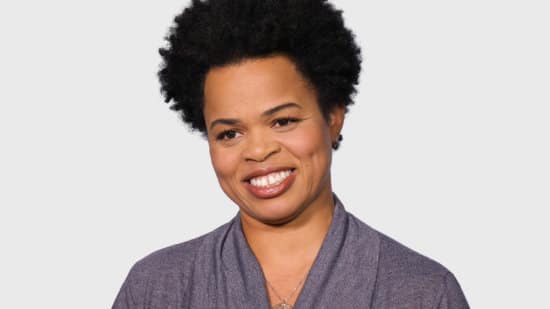Fitness Trainer

What you need to know
Fitness trainers and instructors lead, instruct, and motivate individuals or groups in exercise activities, including cardiovascular exercises (exercises for the heart and blood circulation), strength training, and stretching. They work with people of all ages and skill levels.
Fitness trainers and instructors may work in standalone fitness centers or centers maintained by other types of establishments for their employees or for members of civic and social organizations. Some work in clients’ homes.
Some of the things fitness trainers and instructors might do:
- Demonstrate or explain how to perform various exercises and routines to minimize injuries and improve fitness
- Watch clients do exercises to ensure that they are using the correct techniques
- Provide alternative exercises during workouts or classes for different levels of fitness and skill
- Monitor clients’ progress and adapt programs as needed
- Explain and enforce safety rules and regulations on sports, recreational activities, and the use of exercise equipment
- Give clients information or resources about nutrition, weight control, and lifestyle issues
- Give emergency first aid if needed
- Customer-service skills. Many fitness trainers and instructors must sell their services, motivating clients to hire them as personal trainers or to sign up for the classes they lead. Fitness trainers and instructors must therefore be polite, friendly, and encouraging, to maintain relationships with their clients.
- Communication skills. Fitness trainers and instructors must clearly explain or demonstrate exercises to clients.
- Listening skills. Fitness trainers and instructors must listen carefully to what clients tell them in order to determine the clients’ fitness levels and desired fitness goals.
- Motivational skills. Getting fit and staying fit takes a lot of work for many clients. To keep clients coming back for more classes or to continue personal training, fitness trainers and instructors must keep their clients motivated.
- Physical fitness. Fitness trainers and instructors need to be physically fit because their job requires a considerable amount of exercise. Group instructors often participate in classes, and personal trainers often need to demonstrate exercises to their clients.
- Problem-solving skills. Fitness trainers and instructors must evaluate each client’s level of fitness and create an appropriate fitness plan to meet the client’s individual needs.
The average pay for fitness trainers and instructors in the United States was $45,380 in May 2022 according to the U.S. Bureau of Labor Statistics.
The specific pay for fitness trainers and instructors depends on factors such as level of experience, education and training, geographic location, and specific industry.
About 69,000 new job openings for fitness trainers and instructors are projected each year, on average, over the next 10 years in the United States.
Overall employment of fitness trainers and instructors is projected to grow 14 percent from 2022 to 2032 according to the U.S. Bureau of Labor Statistics. This is much faster than the average growth rate for all occupations.
As businesses, government, and insurance organizations continue to recognize the benefits of health and fitness programs for their employees, incentives to join gyms or other types of health clubs are expected to increase the need for fitness trainers and instructors.
Also, participation in yoga and Pilates is expected to continue to increase, driven partly by older adults who want low-impact forms of exercise and relief from arthritis and other ailments.
Almost all trainers and instructors have at least a high school diploma before entering the occupation. An increasing number of employers are requiring fitness workers, particularly personal trainers, to have an associate’s or bachelor’s degree related to a health or fitness field, such as exercise science, kinesiology, or physical education. Programs often include courses in nutrition, exercise techniques, biology, anatomy, and group fitness.
Employers prefer to hire fitness trainers and instructors who are certified. Many personal trainers must be certified before they begin working with clients or with members of a gym or other type of health club. Group fitness instructors can begin work without certification, but employers often encourage or require them to become certified. Most specialized fitness instructors receive certification for their preferred type of training, such as yoga or Pilates.
Discover some of the courses you will take pursuing a degree in Kinesiology.
